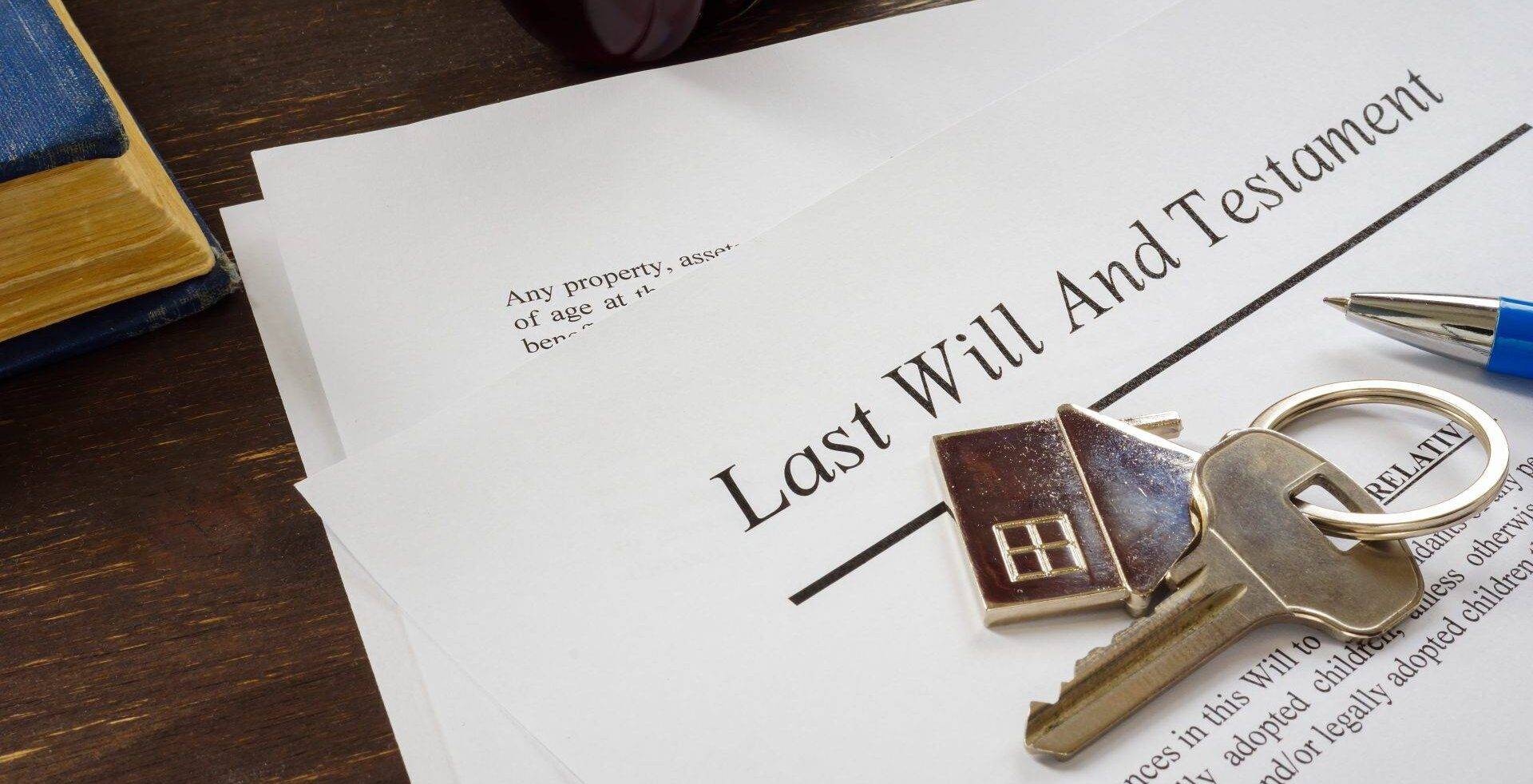The recent case of R v Mitchell is an example of a person who attempted to cheat the system to inherit her friend’s large estate via a fake Will.
Facts
Jemma Mitchell was an educated woman who achieved a first-class honours degree in human sciences where she was taught anatomy. She went on to qualify as an osteopath and advertised her experience of dissecting human bodies on her website. Jemma lived with her mother in London.
Deborah Chong was a 67-year-old lady originally from Malaysia. She was vulnerable both mentally and physically. She suffered from schizophrenia and mobility problems and prior to her death had been put on anti-psychotic medication.
Both Jemma and Deborah were devout Christians and met through the church. They became very close over a period of a few months.
Jemma was aware of Deborah’s wealth and requested to borrow £200,00 for home renovations. Initially, Deborah agreed but later retracted her offer.
Jemma then visited Deborah’s home on the 11th June 2021 carrying with her a large suitcase which from CCTV footage appeared to be empty and then emerged 5 hours later dragging the now heavy suitcase.
It is believed Deborah was killed during this time, her body was removed from her home and kept in Jemma’s back yard for 2 weeks.
Jemma drove Deborah’s body to Bennet Road in Salcombe, Devon, and disposed of her body at the bottom of some steps on a public footpath by some woodland. Her decapitated head was found 10 meters away from the rest of her remains.
When Jemma was arrested on 6th July 2021 the police found a Will in the name of Deborah Chong which left 95% of her estate to Jemma and 5% to Jemma’s mother. They also found Deborah’s passport, driving licence, naturalisation papers, bank, credit, and other loyalty cards.
The Will was signed by Jemma and 2 witnesses, one of whom was Jemma’s neighbour who had passed away a number of months before.
The Court found the Will to be fake and determined it was fraudulently created and signed on behalf of Deborah and the witnesses by Jemma.
The law
Contesting a Will
Whilst the circumstances of this particular case or not a common problem we face in our department, we do however specialise in situations where the validity of a Will is challenged.
For a Will to be valid it needs to have been made with certain requirements and in particular circumstances:
- It needs to have been executed properly in accordance with the law by the person making the Will;
- It cannot have been forged or fraudulently made by someone else;
- The person making the Will (testator) needs to have had the required mental capacity to make a Will;
- The testator must have understood and approved of the contents of the Will; and
- They must not have been unduly influenced by anyone;
- Finally, if the Will contains an error, it may be rectified by the Court so as to give effect to the testator’s true intentions.
Whilst a claim to contest a Will may pose more of a problem when relying on the undue influence factor due to the quality of evidence that may be accessible to prove a case, proper execution, and questions surrounding the deceased’s capacity at the time of creating the Will are usually more successfully contested.
In the case of R v Mitchell the validity of the Will in question could have been challenged on the following points:
- Whether it was properly executed – one of the Witness’s was a person who had passed away a period of time before the Will was executed
- Whether it was forged- the signatures on the Will and the way the Will was written would’ve been questioned as it was a homemade Will
- Deborah’s capacity at the time the Will was created would’ve been in doubt due to her recent mental health issues and prescription of new medication
- Whether the testator understood and approved the contents of the Will – again due to the new medication she was on and the circumstances surrounding her mental health, this would’ve been challenged
- Undue Influence- the amounts given to Jemma and her Mother in the Will could have been questioned
Furthermore, Jemma’s attempt to apply for a Grant of Probate to distribute Deborah’s estate, would’ve failed at the first hurdle as she wouldn’t have been able to obtain a death certificate for the application. So her plan was flawed from the beginning.
Deborah’s estate will now be distributed as per her wishes in her last Will, if she made a valid Will before her death, or it will be distributed as per the rules of intestacy.
Comment
If you are aware of a Will or estate that you believe could be contested contact our team today.
How can Nelsons help
Kirria Hearn is a Trainee Solicitor in our expert Dispute Resolution Team.
For more information regarding the subjects discussed in this article, please contact Kirria or another member of the team in Derby, Leicester, or Nottingham on 0800 024 1976 or via our online form.


